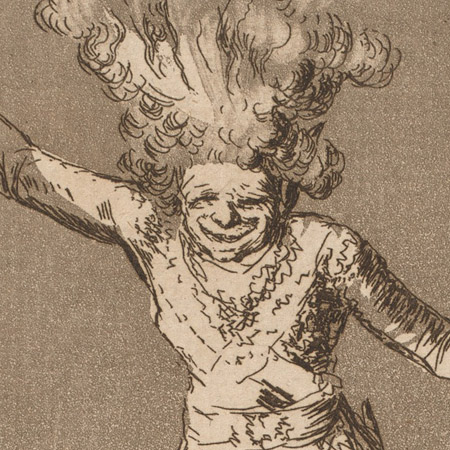Related Writers
Literature organisations
Discover more
Connections

Commissions
The Books of the Dead
By Ros Barber

Literature, Live
Editorial: Literature, Live
Sam Ruddock reveals his love of literature events

Literature, Live
Benjamin Zephaniah & Liz Berry
Live at the Birmingham Literature Festival

Literature, Live
The Event's The Thing
A provocation from Jarred McGinnis


